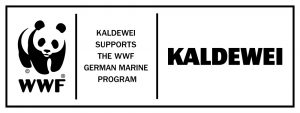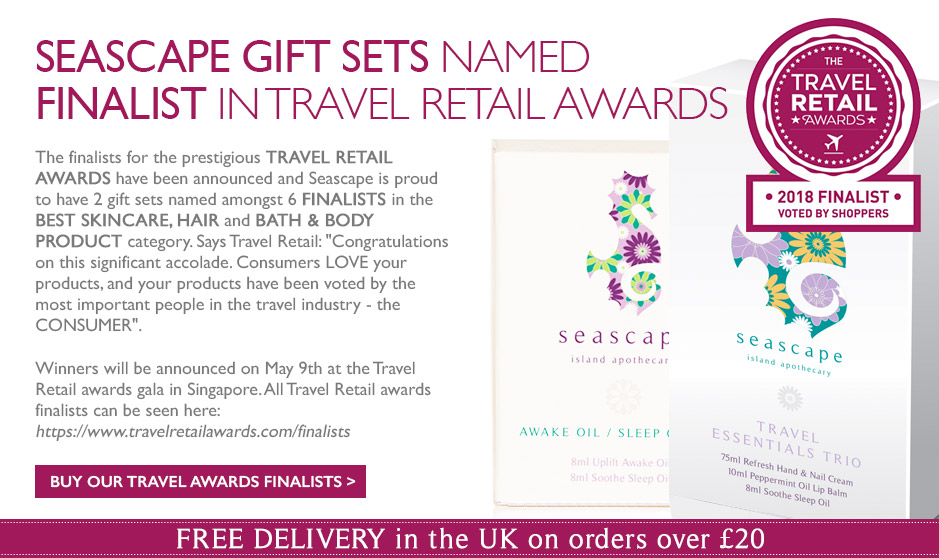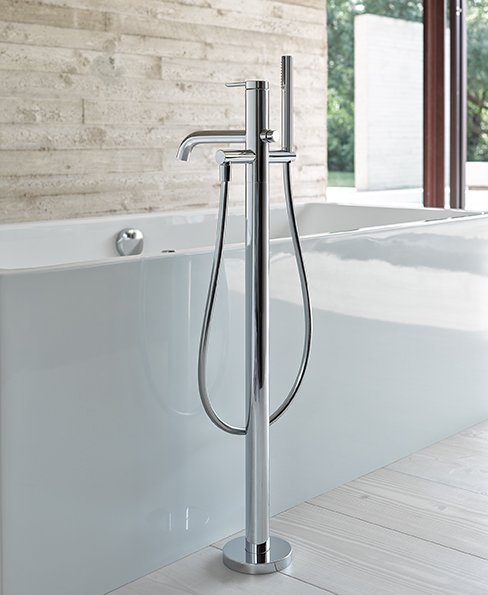Kaldewei and the WWF: jointly protecting our oceans:

Kaldewei Supports The WWF
Project to reduce plastic waste through sustainable waste management
It is forecasted that in 2050 the oceans will contain as much plastic waste as fish. The first indications are already visible today: animals are perishing after ingesting plastic; microplastic is being found in many species of fish. On this basis, Kaldewei have joined forces with the WWF working on their marine conservation programme in Southeast Asia. The core aim of the project is to improve waste management in Vietnam’s Mekong Delta.
KALDEWEI, St Ives, April 2018. – It is forecasted that in 2050 the oceans will contain as much plastic waste as fish. The first indications are already visible today: animals are perishing after ingesting plastic; microplastic is being found in many species of fish. On this basis, Kaldewei have joined forces with WWF working with their marine conservation programme in Southeast Asia. The core aim of the project is to improve waste management in Vietnam’s Mekong Delta.
“Sustainability is enshrined in the Kaldewei corporate philosophy. We are happy to support the WWF’s important work to prevent plastic waste in the oceans, and we are confident that with our commitment we will be making a valuable contribution to marine conservation and the preservation of natural living environments,” says Managing Director Franz Kaldewei. Studies show that organised waste management is not practised in Southeast Asia and uncontrolled dumping of residual waste is a common occurrence. Owing to regular flooding in river basins, large quantities of this waste is swept into our oceans.
Keeping plastic out of our oceans
Working together, Kaldewei and the WWF wish to combat not only the impacts but also the causes of environmental pollution. The aim of the model project in the Mekong Delta is to quickly reduce the volume of waste by up to 80 per cent by means of separation and recycling, to shut down dumps over the long term and to clear disposal sites. It is hoped that these measures will prevent large quantities of plastic from entering the ocean via the rivers and canals on the Mekong Delta every year, as is currently the case.
In manufacturing its shower surfaces, bathtubs and washbasins made of steel enamel – a composite of steel and glass – Kaldewei has always used natural raw materials that are 100% recyclable. “For us, this partnership with the WWF is a logical step in our constant endeavours for a clean environment,” Franz Kaldewei adds.




